Don’t Let a Dying Hybrid Battery Leave You Stranded in the Las Vegas Heat
Your Toyota Prius is more than just a car; it’s a statement of efficiency, reliability, and environmental consciousness. For years, it’s reliably navigated the busy streets of Las Vegas, from the Strip to Summerlin, saving you money at the pump. However, even the most dependable components have a lifespan, and the heart of your Prius – its hybrid battery – is no exception.
As a Prius owner in a climate as demanding as Las Vegas, understanding the warning signs of a failing hybrid battery isn’t just about saving money; it’s about ensuring your safety and avoiding unexpected breakdowns in extreme temperatures. A deteriorating hybrid battery can significantly impact your vehicle’s performance, fuel economy, and overall driving experience.
At Prius Battery Repair LV, we specialize in diagnosing and resolving hybrid battery issues for Toyota Prius (and other hybrid) owners across Southern Nevada. Our goal is to equip you with the knowledge to recognize early symptoms and guide you on the best course of action. Don’t wait until you’re stranded on the I-15 or facing a costly tow; recognizing these signs early can save you time, money, and stress.
1. The Silent Killer: Drastic Drop in Fuel Economy (MPG)
One of the earliest and most deceptive signs of a failing hybrid battery is a noticeable decrease in your Prius’s fuel efficiency. You bought a Prius for its impressive MPG, so when you find yourself filling up more often, it’s a red flag.
Why it happens: Your Prius’s hybrid system is designed to seamlessly switch between the electric motor and the gasoline engine, maximizing fuel efficiency. A healthy hybrid battery assists the gasoline engine during acceleration and captures energy during deceleration (regenerative braking). When the battery degrades, it can no longer hold a sufficient charge or deliver power efficiently. This forces the gasoline engine to work harder and run more frequently to compensate for the battery’s weakness, burning more fuel in the process.
What to look for:
- You consistently get significantly lower miles per gallon than your Prius’s usual average.
- The gasoline engine runs more often, even at low speeds or when idling, instead of switching to electric-only (EV) mode.
- You find yourself at the gas station more frequently than before, despite similar driving habits.
This often happens gradually, making it easy to dismiss as normal wear or external factors. However, if you’re consistently seeing a 5-10 MPG drop or more, your hybrid battery is very likely losing its capacity.
2. The Dashboard Alarms: Warning Lights (Triangle of Death, Check Hybrid System, etc.)
This is often the most overt and alarming sign for Prius owners. Modern vehicles are equipped with sophisticated diagnostic systems designed to alert you to critical issues. For hybrid batteries, specific warning lights indicate a problem with the high-voltage system.
Why it happens: When your Prius’s onboard computer detects an imbalance or significant degradation within the hybrid battery pack, it triggers these warning lights to alert the driver. The battery management system (BMS) monitors each cell block’s voltage and performance. If one or more blocks fall out of a healthy range, or the overall pack performance drops below a critical threshold, these lights will illuminate.
What to look for:
- The “Red Triangle of Death” (Master Warning Light): This prominent red triangle with an exclamation mark is a general master warning light, but in a Prius, it very frequently indicates a severe issue with the hybrid battery system. It’s often accompanied by other warning lights.
- “Check Hybrid System” Message: A direct message on your multi-information display confirming an issue within the hybrid powertrain.
- Check Engine Light (CEL): While the CEL can indicate numerous issues, in a hybrid, it often comes on in conjunction with other hybrid-specific warnings. Common codes related to hybrid battery failure include P0A80 (Replace Hybrid Battery Pack) and various P0Axx codes indicating battery module performance issues.
- Battery Warning Light: A specific icon resembling a battery, sometimes with a plus and minus sign, indicating a problem with the hybrid battery itself.
These lights are not to be ignored. They signal that your vehicle’s hybrid system is compromised and needs immediate professional attention. Driving with these warnings can lead to further damage or even a complete vehicle shutdown.
3. Performance Pains: Reduced Acceleration and Power
Your Prius is known for its smooth, albeit not blistering, acceleration. If you notice a significant lack of power, especially when trying to merge onto the 95 or climb an incline, your hybrid battery might be the culprit.
Why it happens: The electric motor in your Prius provides instantaneous torque and assists the gasoline engine, particularly during initial acceleration and at lower speeds. A failing hybrid battery struggles to deliver the necessary power to the electric motor. This means the gasoline engine has to work harder and often higher RPMs to compensate, leading to sluggish, unresponsive acceleration.
What to look for:
- Your Prius feels noticeably slower or “sluggish” when accelerating from a stop or attempting to pass other vehicles.
- The car struggles to maintain speed on inclines.
- You experience a delay or hesitation when pressing the accelerator, followed by the gasoline engine revving loudly to catch up.
- The car may go into “limp mode,” restricting power to protect the system.
This isn’t just an inconvenience; it can be a safety hazard, especially in Las Vegas traffic where quick acceleration is often necessary.
4. The Electric Slide: Erratic Battery State of Charge (SOC) Display
Keep an eye on your dashboard’s hybrid battery indicator. A healthy Prius battery typically shows a steady, predictable charge and discharge cycle. A failing battery, however, can display erratic behavior.
Why it happens: A hybrid battery pack is made up of many individual modules. As some modules degrade, they lose their ability to hold a charge effectively or discharge unevenly. This creates an imbalance within the battery pack. The car’s computer tries to compensate by rapidly charging and discharging the remaining healthy cells, leading to fluctuating readings.
What to look for:
- The battery charge level on your dashboard display rapidly fluctuates from full to empty, or vice-versa, within a short period, even during normal driving.
- The battery may appear to charge quickly but then deplete just as fast.
- The battery never seems to reach full charge, or it drains completely very quickly when operating in EV mode.
These rapid, inconsistent changes indicate that the battery’s internal resistance is high and its capacity is severely diminished.
5. The Unwanted Soundtrack: Increased Engine Noise or Fan Activity
While a Prius is generally quiet, especially at low speeds, unusual noises can signal battery problems.
Why it happens: As the hybrid battery loses its efficiency, the gasoline engine is forced to run more often and at higher RPMs to generate power and keep the car moving. This increased workload leads to more engine noise. Additionally, a struggling battery can generate more heat, causing the battery cooling fan to run more frequently and louder than usual, sometimes even when the car is off or in a quiet environment.
What to look for:
- The gasoline engine seems to be running constantly or much more often than before, even at low speeds.
- You hear a loud, persistent fan noise coming from the rear of the vehicle, particularly on hot days or after short drives. This is the hybrid battery cooling fan working overtime.
- Unusual humming, buzzing, or clicking sounds from the rear of the car where the battery is located.
These noises are your Prius’s way of telling you it’s working harder than it should be.
6. Model-Specific Nuances: Gen 2 vs. Gen 3 Prius Battery Symptoms
While many symptoms overlap, some nuances can be more prevalent in specific Prius generations:
- Gen 2 Prius (2004-2009): Often known for the “red triangle” appearing with codes like P0A80, P3000, or sub-codes (P3001-P3028) indicating specific module failures. Owners may report the car entering “limp mode” (turtle mode) more frequently, where acceleration is severely limited to 10-15 mph. Erratic battery meter fluctuations tend to be very pronounced.
- Gen 3 Prius (2010-2015): Similar to Gen 2, the “Check Hybrid System” warning and P0A80 are common. However, some Gen 3 owners might first notice a subtle but persistent drop in MPG and increased engine noise before more severe warning lights appear. Due to a slightly different battery design, individual module failures might manifest differently but still lead to the overall symptoms described above.
Regardless of your Prius generation, the core issue is battery degradation, and the solution typically involves expert reconditioning or replacement.
What to Do Next: Your Solution in Las Vegas
If you’re experiencing any of these symptoms with your Toyota Prius (or other hybrid like Lexus, Nissan, Kia, Hyundai) in Las Vegas, it’s crucial to address them promptly. Ignoring these warnings can lead to:
- Complete vehicle breakdown, leaving you stranded.
- Further damage to other expensive hybrid system components.
- Increased fuel costs.
- Compromised safety and driving experience.
Don’t panic! You have reliable options right here in Las Vegas.
At Prius Battery Repair LV, we are your local experts in hybrid battery diagnostics, repair, and reconditioning. We understand the unique challenges of maintaining a hybrid in the Nevada climate.
Here’s why you should choose us:
- Expert Diagnostics: We use specialized equipment to accurately pinpoint the exact problem with your hybrid battery, distinguishing between a failing cell, a charging system issue, or other underlying causes.
- Proprietary Reconditioning Process: Our advanced, in-house reconditioning technique breathes new life into your existing battery, restoring its capacity and performance. This is a cost-effective and environmentally friendly alternative to buying a new, expensive battery.
- Unbeatable Warranty: We stand by our work with an exclusive 4-year unlimited miles warranty on specific Prius generations, giving you unparalleled peace of mind.
- Affordable & Transparent Pricing: Get dealership-level expertise without the dealership price tag. We believe in honest, upfront quotes with no hidden fees.
- Fast, Convenient Service: Most installations are completed within 24 hours, and we offer free installation with services by appointment. We aim to get you back on the road quickly and efficiently.
- Broader Hybrid Expertise: Beyond Toyota Prius, we expertly service Lexus, Nissan, Kia, and Hyundai hybrid batteries.
Take the next step:
Don’t let a failing hybrid battery disrupt your life in Las Vegas. If you’ve recognised any of these signs, it’s time to get a professional evaluation.
Contact Prius Battery Repair LV today to schedule your appointment or get a free quote. We’re here to provide reliable, affordable, and long-lasting solutions to keep your hybrid running optimally.
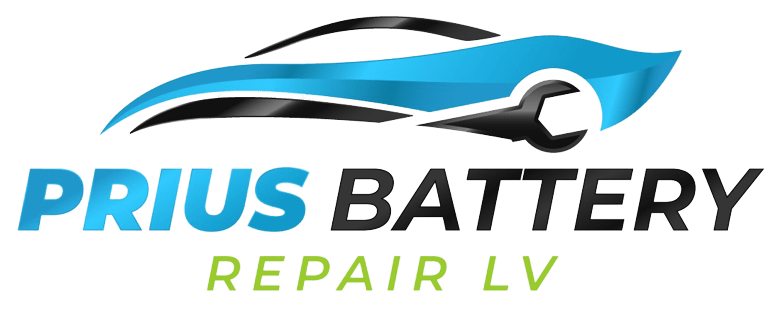

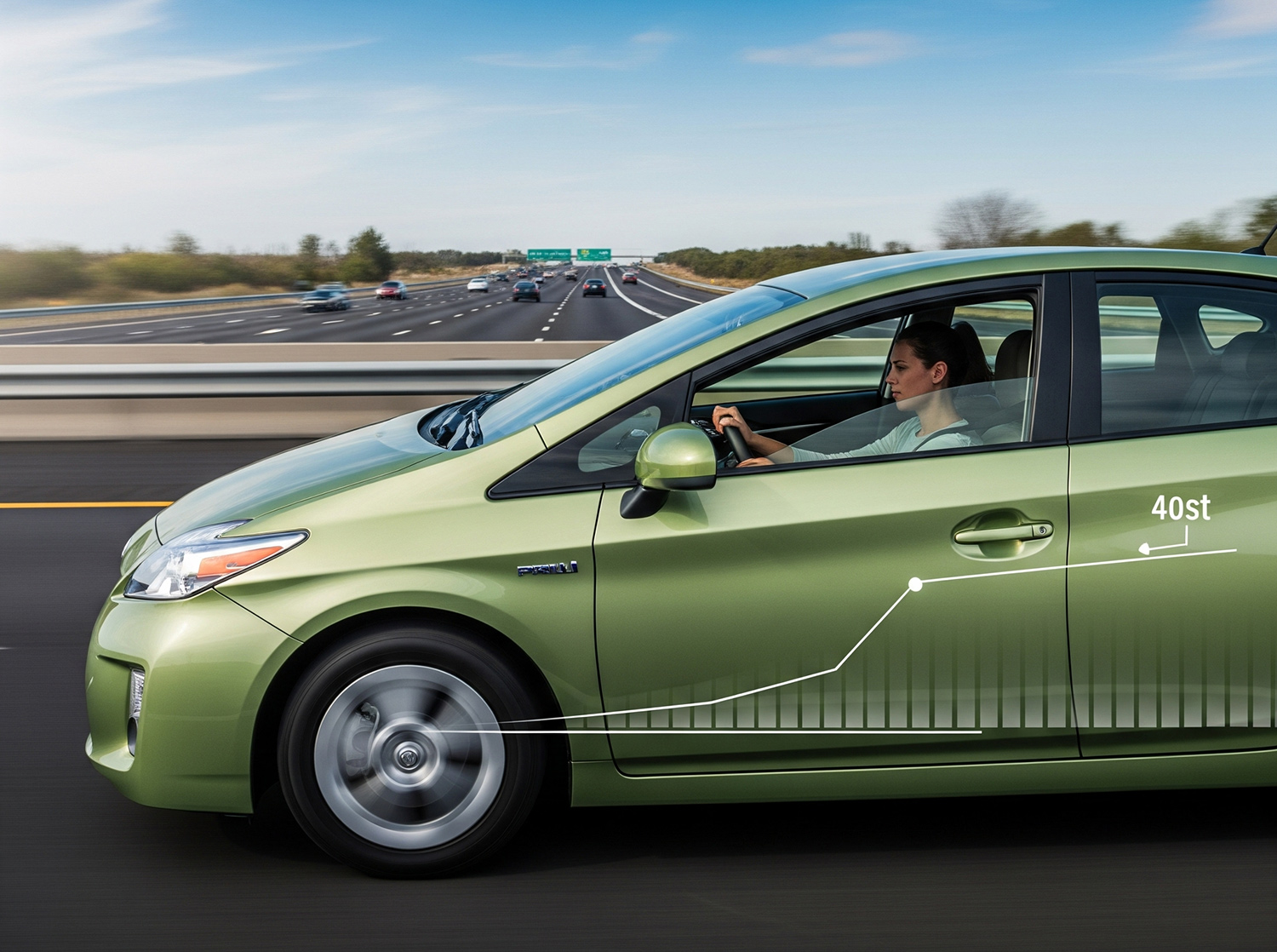
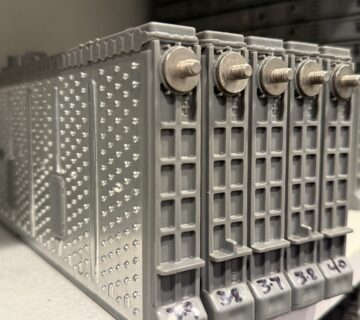

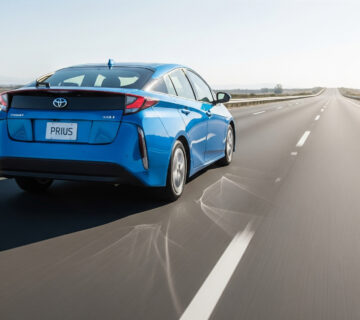
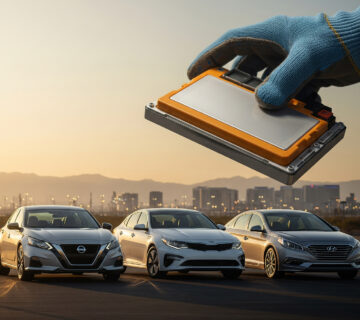


No comment